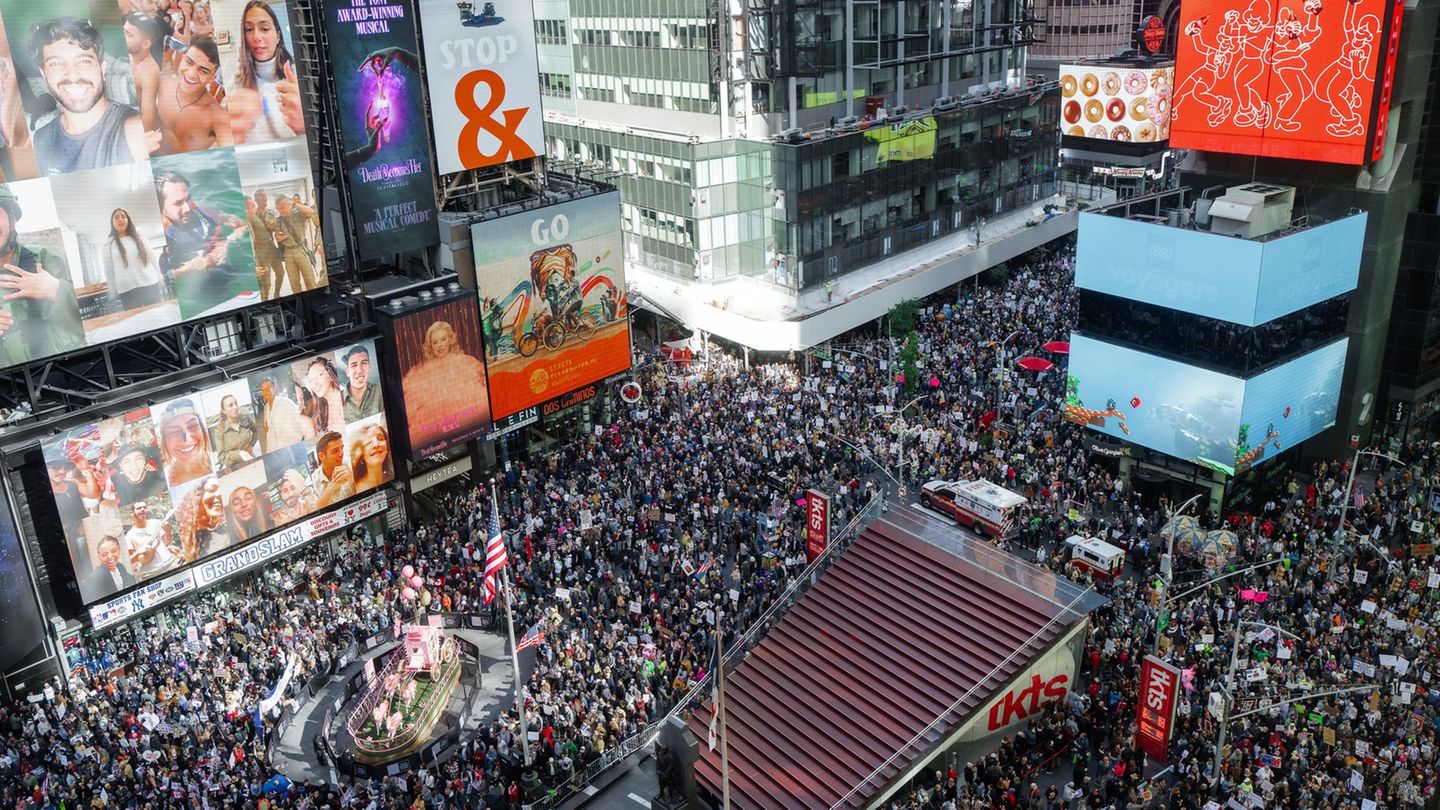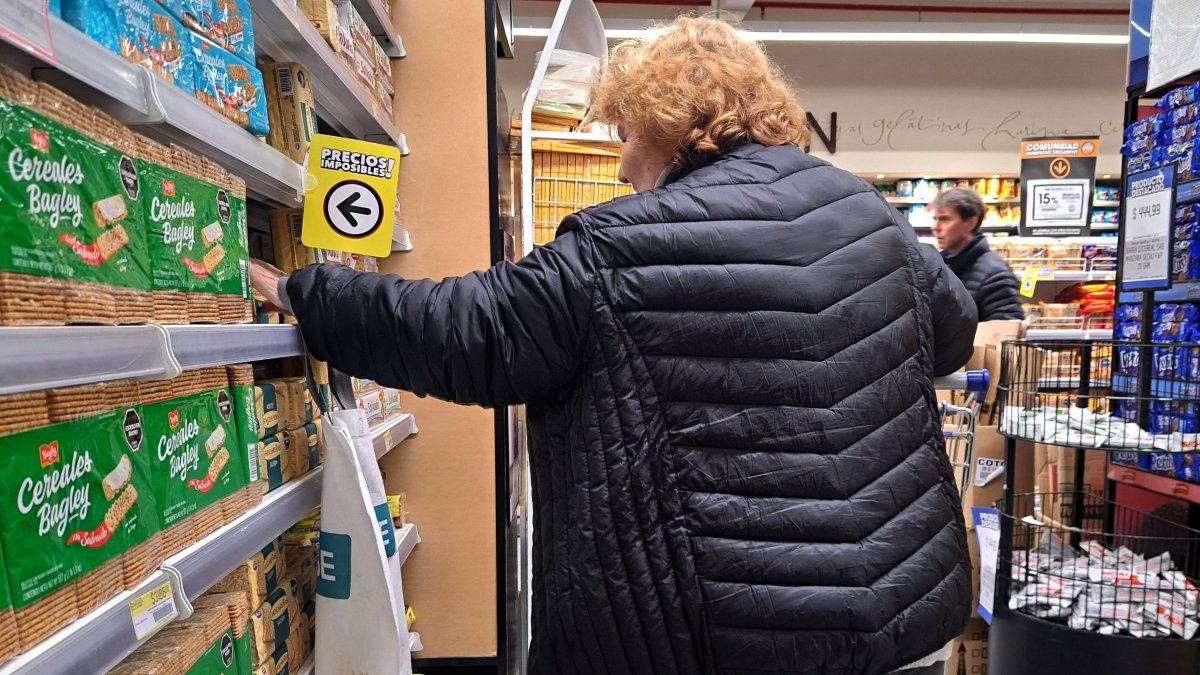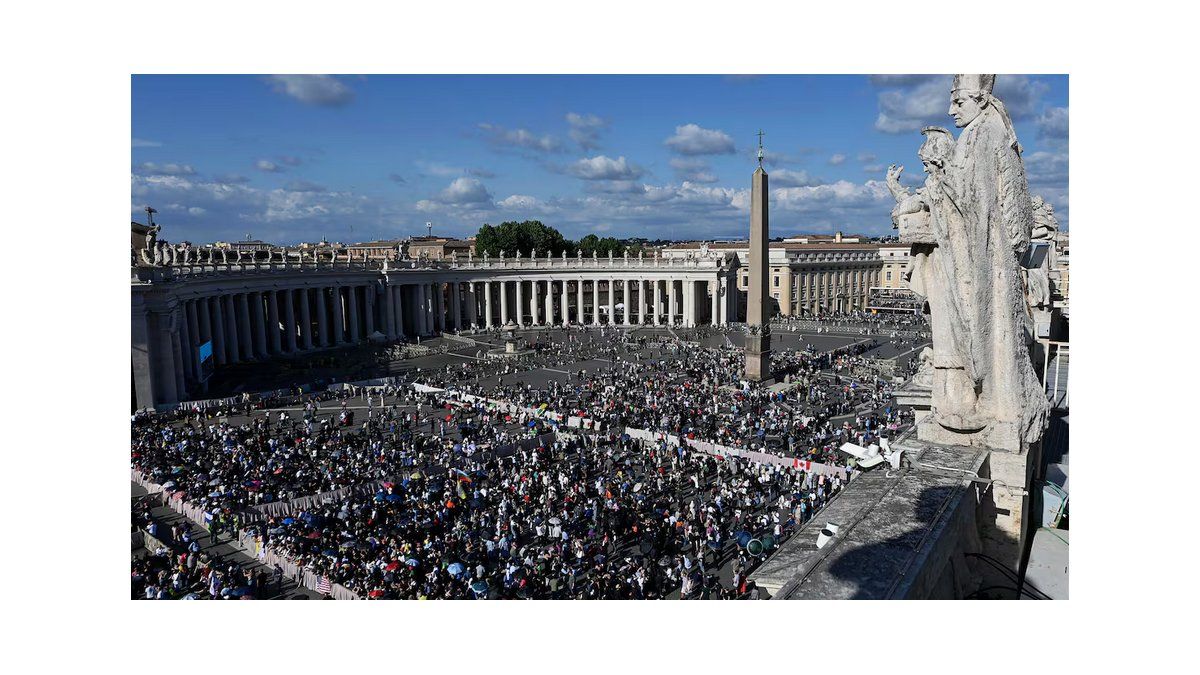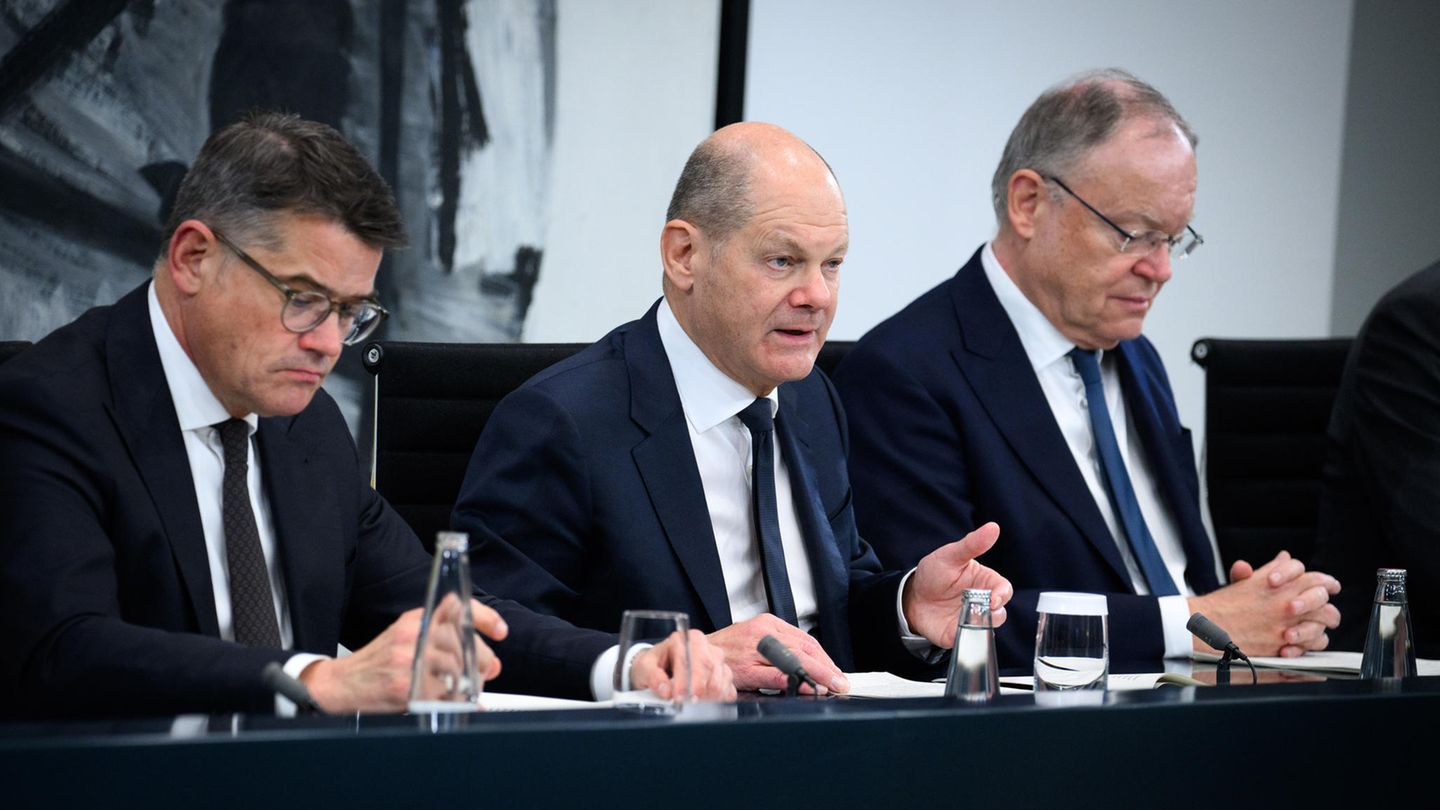I have been working in the news industry for over 6 years, first as a reporter and now as an editor. I have covered politics extensively, and my work has appeared in major newspapers and online news outlets around the world. In addition to my writing, I also contribute regularly to 24 Hours World.
Menu
Olaf Scholz meets country heads: The next historical chapter is rather thin
Categories
Most Read
Military Service Law: Pistorius: Comprehensive military service deters Russia
October 18, 2025
No Comments
Protest: “No Kings”: Americans take to the streets against Trump
October 18, 2025
No Comments
Protest: Americans are taking to the streets again against Trump
October 18, 2025
No Comments
Driving license: These measures should make it cheaper
October 18, 2025
No Comments
Drone sightings: Large majority in favor of shooting down illegal drones, according to survey
October 18, 2025
No Comments
Latest Posts

Demonstrations: “No Kings”: Mass protests against Trump again in the USA
October 19, 2025
No Comments
IvanI have been working in the news industry for over 6 years, first as a reporter and now as an editor. I have covered politics

Due to lower sales in supermarkets, mass consumption fell 4.4% in September
October 18, 2025
No Comments
October 18, 2025 – 20:54 Activity in pharmacies also contracted. In contrast, there was a good performance of e-commerce and independent self-services. Mariano Fuchila After

New Vatican report denounces retaliation against victims of sexual abuse
October 18, 2025
No Comments
October 18, 2025 – 20:16 The document points out regional inequalities, calls for economic reparations and proportional sanctions for those responsible. For the first time,
24 Hours Worlds is a comprehensive source of instant world current affairs, offering up-to-the-minute coverage of breaking news and events from around the globe. With a team of experienced journalists and experts on hand 24/7.

